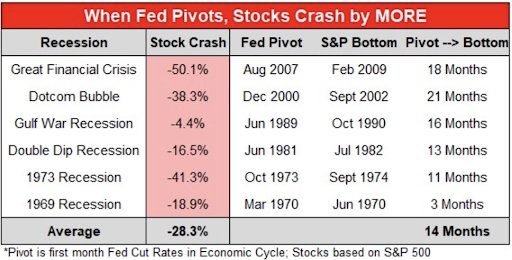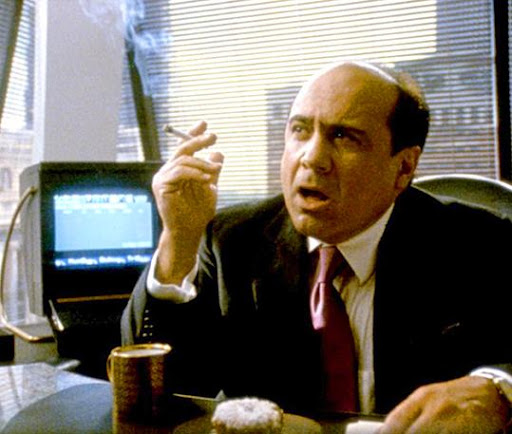I complain about financial media being lost at sea from time to time… But I also try to acknowledge when they get it mostly right. Bloomberg actually did a nice job Thursday of hitting all the high notes.
It touched on the Global Energy Crisis and infrastructure, but missed on the effect that will have on copper demand.
Source: Bloomberg
Although oil and gas prices were down big, the growing Global Energy Crisis hasn’t abated. Rather, it’s the weather that has cooled… You know, like it’s supposed to do in the fall.
Similarly, the global shortage of microchips hasn’t gone anywhere, either, as we’re seeing in blowout earnings from Qualcomm Inc. (Nasdaq: QCOM), Advanced Micro Devices Inc. (Nasdaq: AMD) and other manufacturers.
The need for us to rebuild infrastructure hasn’t magically disappeared. We’re just waiting for the Democrats to come to their senses and do whatever Sen. Joe Manchin of West Virginia tells them to get the bill passed.
An Infrastructure Bill on the Horizon
Personally, Manchin has done a great job in leading the charge to focus this bill on the hard infrastructure we need. And an incremental approach is best… simply because most folks can’t fully appreciate the potential for blowout inflationary pressure in the commodity space.
I’m also admittedly a little biased here… I grew up a stone’s throw from Manchin’s house in Fairmont. His wife was my teacher on occasion and their son is one of my closest longtime friends.
So full disclosure — I like him a lot on a personal level.
That said, I’m not indulging in my own confirmation bias when I say that infrastructure spending will have a huge impact on copper demand and prices. And in turn, that will have a huge impact on this week’s free trade in Freeport-McMoRan Inc. (NYSE: FCX), which I hope you picked up on sale Wednesday.
Copper Demand, Infrastructure and How to Trade It
Of the current $1.75 trillion proposed, $39 billion is dedicated to modernizing public transit. More than $66 billion will be invested in passenger and freight rail. Around $65 billion will be spent to rebuild the electric grid, and another $65 billion will be spent on improving the nation’s broadband infrastructure — a number that could increase to $100 billion given that’s such an important issue to West Virginia.
Combined, that’s about 13.5% of the overall proposed spending in heavily copper-intensive categories.
Moreover, that spending will come at a time when copper inventories are at their second lowest point in five years at COMEX…
Source: Bloomberg
The third-lowest point in the past 12 years on the London Metals Exchange…
Source: Bloomberg
And the absolute lowest point in the past 12 years on the Shanghai Futures Exchange.
Source: Bloomberg
Moreover, all this new copper demand comes at a time when both Europe and China are heavily pushing consumers toward electric vehicles, which is five to 10 times more copper intensive than conventional internal combustion engine vehicles.
Source: Copper.org
The idea that a battery-powered electric bus contains nearly half-ton of copper. And that the global bus market is poised to double to a half-million units by 2028 is pretty mind-blowing to me. That market alone would consume about 1.25% of annual global production (roughly 20 million tonnes).
The bottom line is that although many projects are in the early stages, few will be in production in time to service these new copper demand centers, especially if an instructure bill comes soon.
In turn, that means copper prices will continue to inflate until consumers — particularly Chinese consumers — tap out.
But we ain’t there yet… and it’s going to be a while.
All the best,
Matt Warder
Fortune Research




